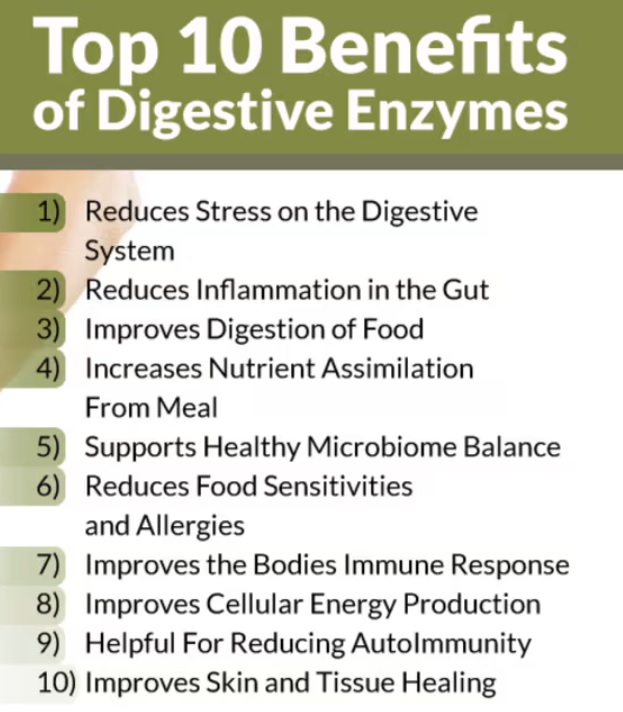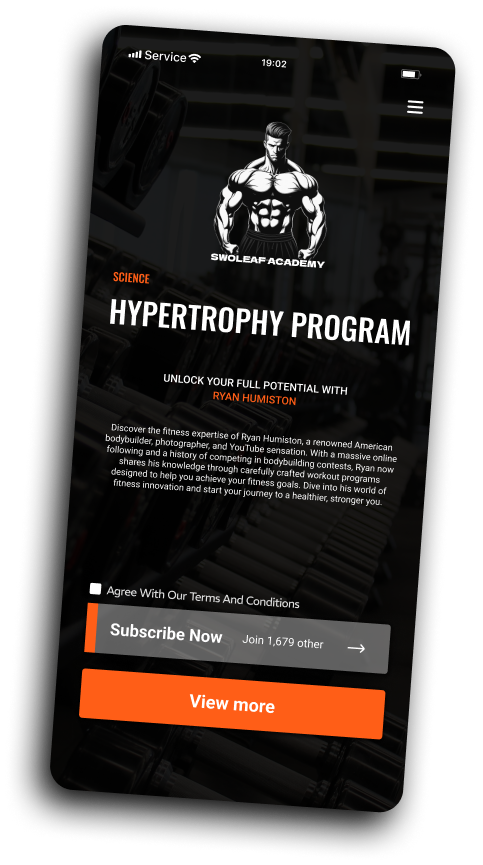On the journey to attain muscle growth and transform one’s physique, people frequently delve into a wide array of supplements and techniques, aiming to find the most efficient ways to enhance their progress. Although some supplements have been enthusiastically promoted, not all of them truly deliver on their exaggerated claims. From the foundational creatine monohydrate to the often underestimated digestive enzymes, each of these supplements serves a distinct role in the complex process of building muscle. Whether you’re a seasoned bodybuilder or embarking on your fitness expedition, these supplements can serve as valuable companions in your quest for a more robust and muscular physique.
The Essential Supplements
Creatine Monohydrate – The Muscle Builder
- Energy for Muscle Contractions: Creatine is akin to a natural energy source for your muscles. It is stored in muscle cells and plays a pivotal role in providing the energy needed for muscle contractions, particularly during short bursts of intense activities like weightlifting, sprinting, and jumping.
- Individual Threshold: Not everyone benefits equally from creatine supplementation. Your muscle cells can only store a certain amount of creatine. If you’re already near or above this threshold, additional supplementation may not offer significant advantages. However, if you’re below this threshold, it can be a game-changer.
- Loading Phase: The loading phase for creatine typically involves taking around 20 grams per day for the first six to seven days, split into four separate doses. This serves to saturate your muscles with creatine, ensuring you have adequate stores for energy production during your workouts.
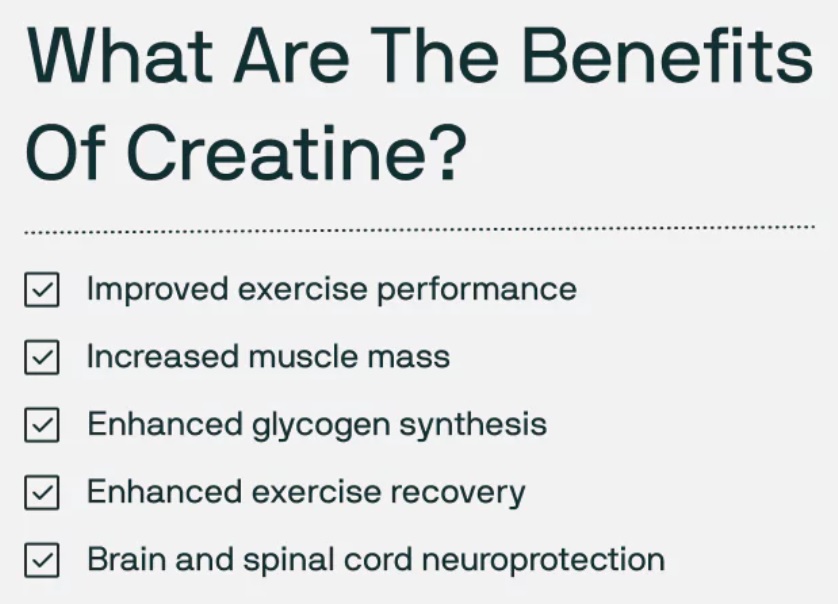
Vitamin D3 – More Than a Vitamin
- Vitamin D3 stands out among vitamins due to its diverse and multifaceted functions. It plays a role in an array of vital processes, ranging from muscle protein synthesis and overall strength to the regulation of testosterone levels. However, vitamin D3 deficiencies are prevalent and affect various populations. This deficiency can be attributed to factors like limited sun exposure, especially during the winter months, or residing in regions with less sunlight. Particularly, individuals with darker skin face unique challenges in synthesizing vitamin D from sunlight because higher melanin content reduces the efficiency of vitamin D production.
- Many individuals may not even be aware of their vitamin D status. As a proactive step, it’s advisable to get your vitamin D levels checked to determine the extent of deficiency, if any. This allows for tailored supplementation to meet specific needs.
- Ultra-High Dosage: A serving size of 50,000 IU (International Units) is exceptionally high for vitamin D supplementation. The recommended dietary allowance (RDA) for vitamin D varies but is typically around 600-800 IU per day for adults.
- Prescription-Only: Such high-dose vitamin D supplements are typically available only with a prescription from a healthcare provider. They are often prescribed to individuals with severe vitamin D deficiencies. When prescribed, healthcare providers closely monitor the patient’s condition and vitamin D levels, ensuring that the treatment is effective in raising vitamin D levels to within the normal range.
- Treatment for Deficiencies: Prescription-grade vitamin D supplements of this magnitude are not for general use but rather for addressing specific medical conditions. They are commonly used to correct severe vitamin D deficiencies that can lead to health issues like rickets, osteomalacia, or other complications.
- Potential Risks: Such high doses of vitamin D carry potential risks, including the risk of toxicity. Excessive vitamin D can lead to symptoms like nausea, vomiting, weakness, and even more severe complications, including hypercalcemia, where there is an excess of calcium in the blood.

Glutamine – An Interesting Omission
- Glutamine is an amino acid, and it’s essential for several body functions. It plays a significant role in keeping your gut healthy and supporting your immune system.
- While it’s sometimes promoted as a supplement for building muscles, most people can get enough glutamine from their regular diet, especially if they eat foods like meat, dairy, eggs, and beans. It’s not a must-have supplement for muscle building, and a balanced diet is usually enough.
- In some special situations, like very strenuous exercise or recovery from surgery, glutamine supplements might be helpful, but for most people, they aren’t a top priority.
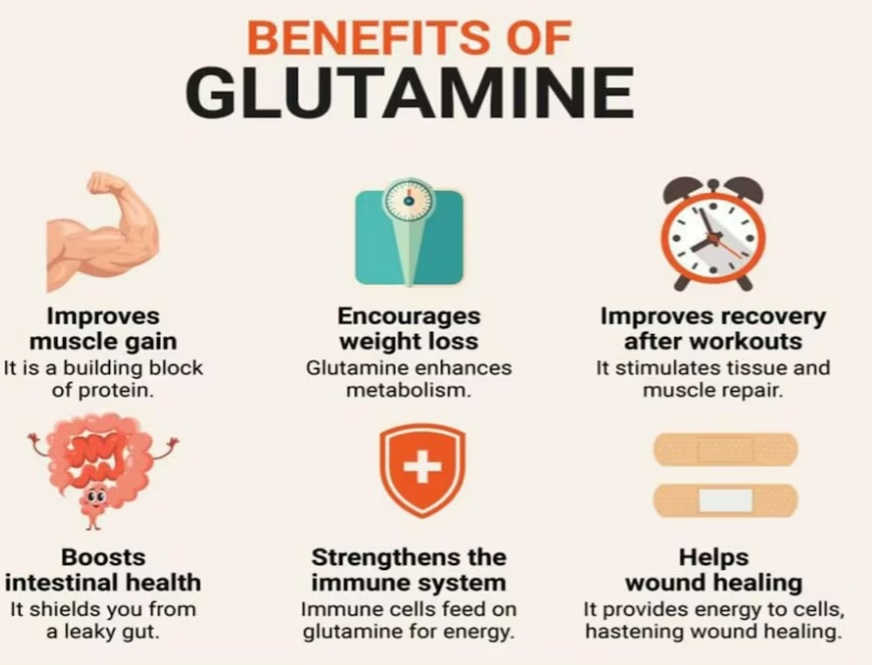
Caffeine – The Workout Intensity Enhancer
- Energy Boost: Caffeine is recognized for its ability to boost alertness and energy levels. When consumed, it enters the bloodstream and travels to the brain, where it blocks the action of adenosine, a neurotransmitter responsible for promoting relaxation and sleepiness. This leads to increased alertness and wakefulness, making you feel more energized.
- Positive Effects: For many individuals, caffeine has positive effects on workout intensity. It can provide an energy boost that helps combat fatigue, allowing you to push through more strenuous workouts with greater focus and determination. Caffeine’s stimulating properties can make you feel more “pumped up” and mentally ready to tackle challenging exercises, resulting in improved performance.
- Enhanced Endurance: Caffeine is also known to enhance endurance during aerobic activities like running, cycling, or swimming. It helps spare glycogen, the body’s primary energy source during extended workouts, which can translate to longer, more intense exercise sessions.
- Potential Downsides: On the flip side, caffeine may not suit everyone. Some individuals experience jitteriness, increased heart rate, or digestive discomfort when consuming caffeine before workouts. For them, caffeine can have a detrimental effect on workout intensity.
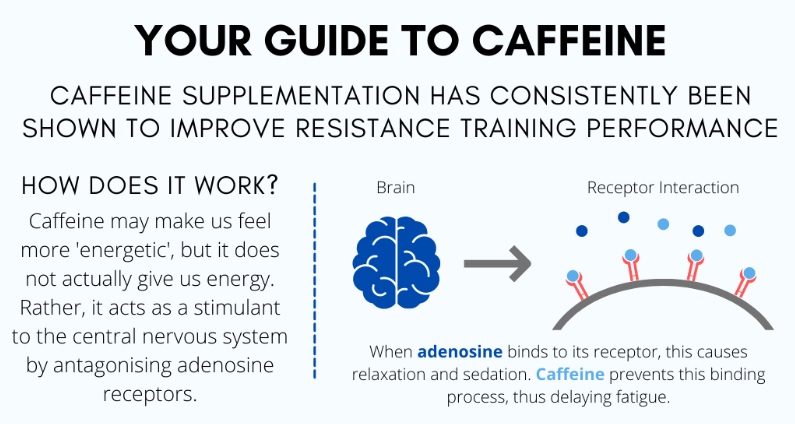
Digestive Enzymes – Protein Breakdown Helper
- Natural Digestive Enzymes: Your body secretes various digestive enzymes, including amylases (for carbohydrates), lipases (for fats), and proteases (for proteins). These enzymes play a vital role in ensuring efficient digestion and nutrient absorption.
- Protein Breakdown: For individuals focused on muscle building, protein is a key nutrient. Protein digestion starts in the stomach, where proteases like pepsin break down large protein molecules into smaller peptides. Further breakdown occurs in the small intestine, where pancreatic enzymes continue to split peptides into individual amino acids, which are the building blocks of protein.
- The Challenge of High Protein Diets: Muscle builders often consume high-protein diets to meet their muscle-building goals. However, excessive protein intake can sometimes overwhelm the body’s natural digestive enzyme production, leading to incomplete protein digestion and inefficient nutrient absorption.
- Supplementing with Digestive Enzymes: Digestive enzyme supplements typically contain proteases, among other enzymes. These supplements can be especially helpful for individuals who are consuming significant amounts of protein. They aid in the efficient breakdown of protein, ensuring that protein is digested and absorbed optimally.
- Maximizing Protein Utilization: By enhancing protein digestion, digestive enzyme supplements can help maximize the utilization of amino acids, which are essential for muscle repair, growth, and recovery. This can lead to improved muscle-building results.
- Types of Digestive Enzymes: There are various types of digestive enzyme supplements available; each designed to target specific nutrients. For muscle builders, it’s primarily protease supplements that are relevant, as they enhance protein digestion.
- Digestive Health: Beyond muscle building, proper protein digestion supports overall digestive health. When your body efficiently breaks down proteins, it reduces the risk of digestive discomfort and issues like bloating or gas that can be associated with incomplete protein digestion.
Fiber – The Colon Health Connection
While it may seem like a stretch, fiber is crucial for colon health. A healthy colon is the final frontier for nutrient absorption, making it an indirect but essential player in muscle growth. These supplements are not the equivalent of ‘chest-thumping’ substances like steroids, but they address deficiencies that can hinder progress. A well-rounded approach to supplementation can complement your muscle-building efforts effectively.
- Blood Glucose Homeostasis: Slowed nutrient absorption is beneficial for maintaining blood glucose homeostasis, which is the body’s ability to regulate blood sugar levels within a narrow range. This is crucial during workouts and throughout the day.
- Energy Levels During Workouts: Blood glucose, derived from the carbohydrates in your diet, is a primary source of energy for your muscles during exercise. When you consume fiber with your meals, it can help create a more gradual and sustained release of glucose into the bloodstream.
- Avoiding Energy Crashes: A steady supply of glucose can prevent energy crashes during workouts. Rapid spikes and subsequent drops in blood glucose can lead to fatigue, reduced workout intensity, and increased cravings for sugary snacks. Fiber helps avoid these energy fluctuations.
- Indirect Benefits for Muscle Building: Fiber’s role in maintaining blood glucose levels indirectly supports muscle building. Consistent energy levels during workouts enable you to exercise at a high intensity for longer periods, potentially leading to more significant muscle gains.
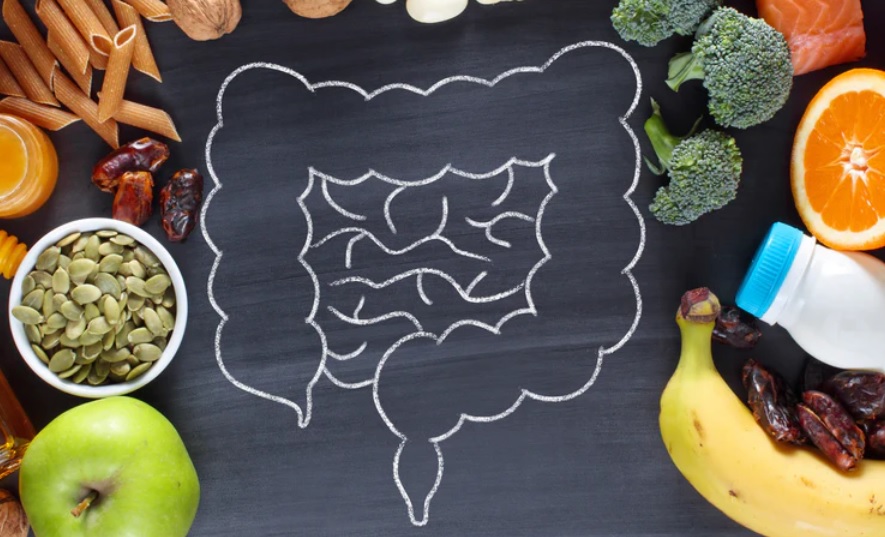
Balanced Supplementation
- Variable Effectiveness: When it comes to supplements like caffeine, digestive enzymes, and fiber, their effectiveness can vary significantly from person to person. This is a key point to consider in your muscle-building journey.
- Digestive Enzyme Needs: The need for digestive enzymes largely depends on your dietary habits and the amount of protein you consume. If your diet is protein-rich, supplementing with digestive enzymes may significantly enhance nutrient absorption and muscle recovery. However, if you have a balanced diet and no digestive issues, you might not require these supplements.
- Fiber for Individual Goals: Fiber, too, can have varied effects depending on your goals. If you’re striving to maintain steady energy levels during workouts and avoid energy crashes, increasing your fiber intake can be beneficial. However, if you’re primarily focused on bulking and require a higher calorie intake, you may need to balance fiber intake with your calorie goals.
- Experiment and Observe: It’s essential to experiment with different approaches to supplementation. Start with lower doses, especially when introducing a new supplement, and observe how your body responds. Pay attention to factors like workout performance, energy levels, and overall well-being.
- Adjust as Needed: Based on your observations, make adjustments as needed. You may find that certain supplements work exceptionally well for you and are a valuable addition to your routine. Others may have minimal or no impact, which is perfectly normal.
- Long-Term Consideration: Your supplementation approach should be a long-term consideration. Muscle building is a gradual process, and finding the right combination of supplements that align with your body’s needs can be a valuable tool in your fitness journey.

